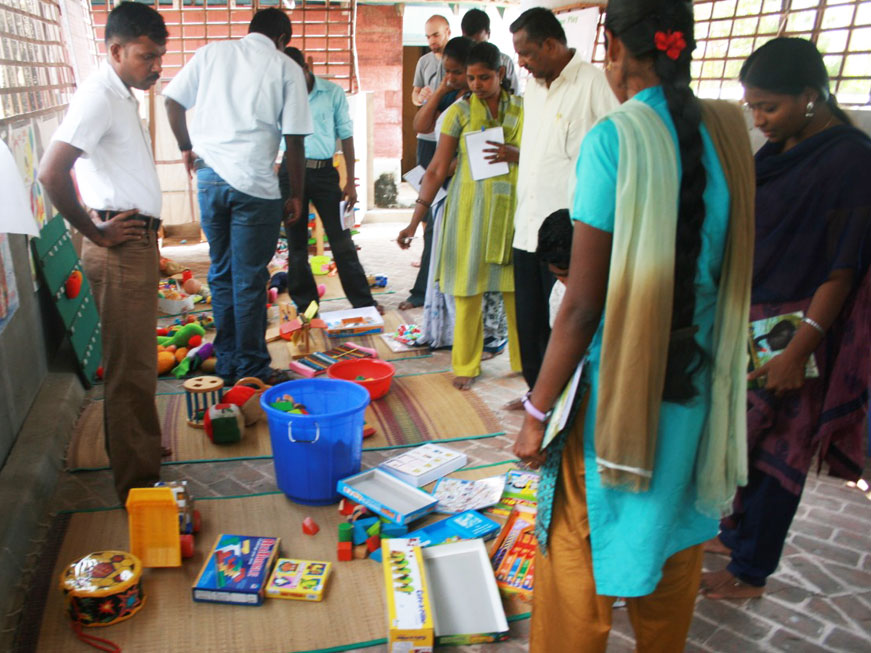PAPA – Playing traditional games to academic achievement

Don’t stay too long outside and waste your time playing. Come back home by 6 P.m. sharp. You need to finish your homework. “You only want to play all the time. When will you take time out for studies?” “There is no need to go outside play. You can play games on your computer”.
These are common phrases we hear in our surroundings where physical activities play is usually considered non-productive for children. Time spent playing is compared to time spent studying more often than not, children are reprimanded for ‘wasting time’ playing outside. It is a common observation that parents praise studious children and are ticked off by those indulging in sports and play. Parents are hearing raising such concerns as to why do kids always want to play? Do they realize how adversely it would affect their grades? Owing to little awareness about the developmental benefits of play, it is often disregarded by parents and caregivers as aimless leisure.
Research endorses that play is the best form of physical activity for children and through traditional game playing children learn about the rules and values of their culture. Many early childhood practitioners also consider playing as an activity which promotes learning. Yet play is only considered relevant to some areas of the curriculum and still has not received a secure place in delivering the curriculum.
Traditional games expose children to a number of invaluable life lessons and they also develop fond childhood memories that are essential for healthy and holistic development. Both individually and collectively, children exhibit and sharpen cognitive and physical abilities through play. Children will be more unique, more accomplished, self-respecting and confident in playing traditional games. They also have good relationships with others. Children who play traditional games are more likely to make decisions, create opportunities for themselves, study well, solve problems, leadership skills, and face anything. So we have to let the kids play at school and at home. Teachers should teach students to play effective games in the classroom. It motivates students to achieve and perform efficiently.
Benefits:
- Making choices
- Generating decisions
- Negotiating
- Pursuing their own interests
- Using their own ideas and imaginations
- Showing independence in thought and action
- Exhibiting intrinsic motivation and persistence
- Being physically and intellectually active in a sustained way
- Being confident and prepare for challenges
- Being creative Learning to resolve conflicts
- Setting their own goals and objectives
- Learning new behaviors and practicing and consolidating established ones
- Acquiring new skills and interest
- Using skills and knowledge already acquired for different purposes
- Using a range of social and interpersonal skills
- Understanding rules and structures
- Creating new combinations out experiences
- Problem-solving
- Acquiring flexibility and empathy towards others
- Developing cooperative skills
- Developing a social relationship.
